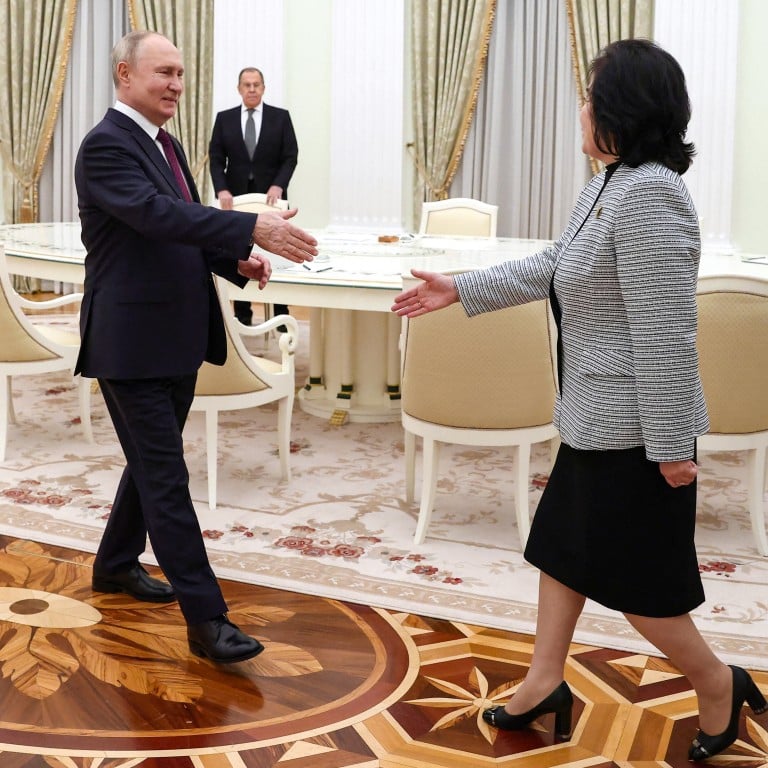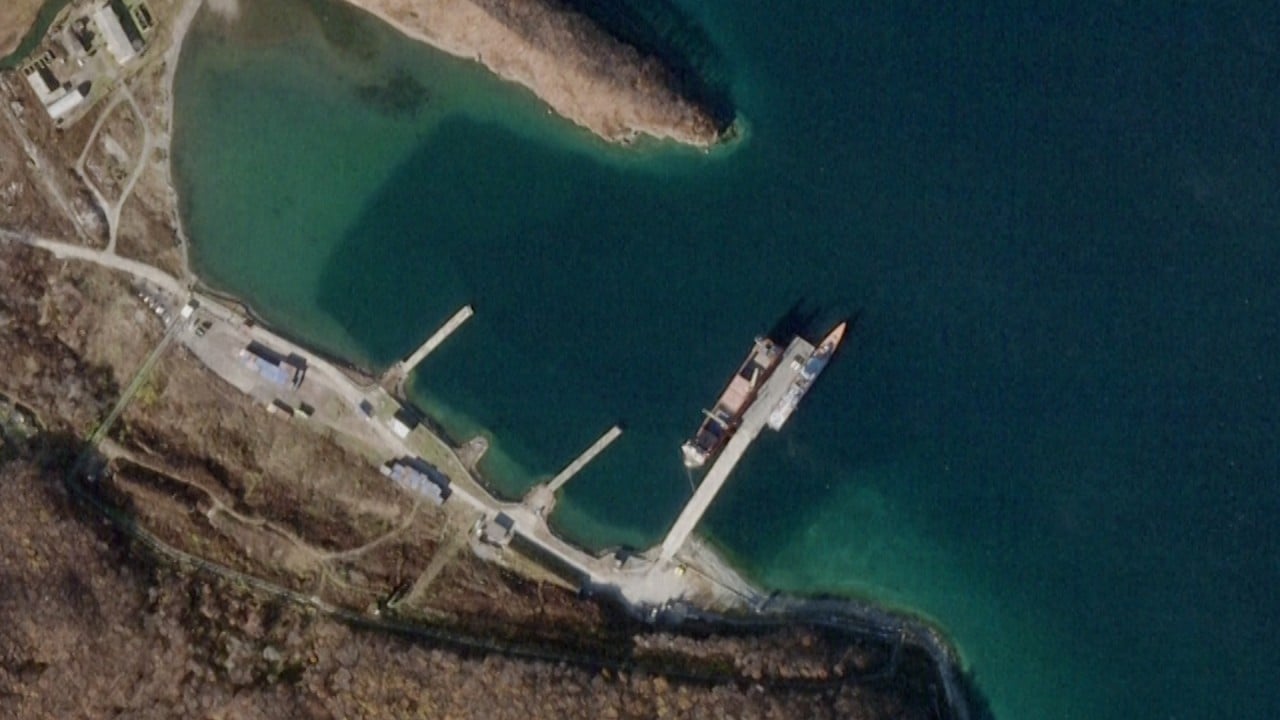
Look out for Russian moves to ‘muddy waters’ at China’s doorstep, noted analyst warns as Moscow boosts North Korea ties
- Note of caution from Fang Ning comes amid deeper Russia-North Korea interaction, and reports of imminent visit to Pyongyang by Vladimir Putin
- Kremlin’s aim would be to distract West and cause it to cut aid to Ukraine, taking pressure off Moscow, noted political analyst tells Beijing forum
Nearly two years into its war in Ukraine, Russia was likely to try its best to “muddy the waters” beyond the battlefield and trigger more flashpoints, Fang told a forum at Renmin University in Beijing.
He said the Kremlin’s aim in this would be to distract the West and cause it to cut aid to Ukraine, thus taking the pressure off Moscow.
Why North Korea-Russia military ties could become a ‘burden’ for China
Fang, a chair professor at Sichuan University, formerly headed the Institute of Political Science at the Chinese Academy of Social Sciences.
“It’s worth noting that there are already indications that Russia is likely to play out such a strategy in Northeast Asia in 2024. That will be very close [to us],” Fang said, without elaborating.
“This is something we need to be highly aware of and careful in dealing with.”
Beijing-based think tank Taihe Institute has also warned that “more tangible cooperation” between Russia and North Korea this year could lead to “twofold pressure” on China.
“On the one hand, North Korea and Russia would likely move to further tighten their relationship with us to enhance their capability to counter the US and the West,” it said in a note published on Friday.
“On the other hand, the US and the West would try to hype up and create a ‘cold war’ atmosphere of [China] allying with North Korea and Russia.”
North Korean foreign minister Choe Son-hui was received by Putin when she visited Moscow last week. The Kremlin said the two sides agreed to develop relations in “all areas”, including “sensitive” ones, but did not give details.
Choe’s ministry said the two countries had agreed to set up a “new multi-polarised international order”, seen as a reference to building a united front against the US, North Korean state media reported.
Washington on January 11 imposed sanctions on “one individual and three entities” it said were involved in the transfer and testing of North Korea’s ballistic missiles for Russia’s use against Ukraine.
This came a day after the US and 47 other countries, as well as the European Union, issued a joint statement to condemn such arms deals “in the strongest possible terms”.
Asked about the alleged weapons transfers earlier this month, Chinese foreign ministry spokesman Wang Wenbin said: “I do not know of the cooperation”.
The war in Ukraine, the conflicts in the Middle East and the US trade war would also pose challenges for China this year, Fang said, warning of “serious negative consequences” if it did not respond properly.
He said conflicts between the “Shia Crescent” of Yemen, Hezbollah in Lebanon and Iran on the one side, and Israel and its Western allies on the other, would be “a major test” for China’s diplomacy in 2024.
Fang also expects US policy towards China to remain essentially unchanged after the presidential election in November, regardless of the outcome.
“For China, the most important and the most difficult thing is that under the incessant China-US economic and trade frictions, it must do its best to safeguard the overall China-US relationship, maintain economic and trade exchanges as far as possible, and minimise the pressure and losses caused by the US and other Western countries,” he said.
“It will be good for China if just the China-US relationship does not worsen again in 2024.”


